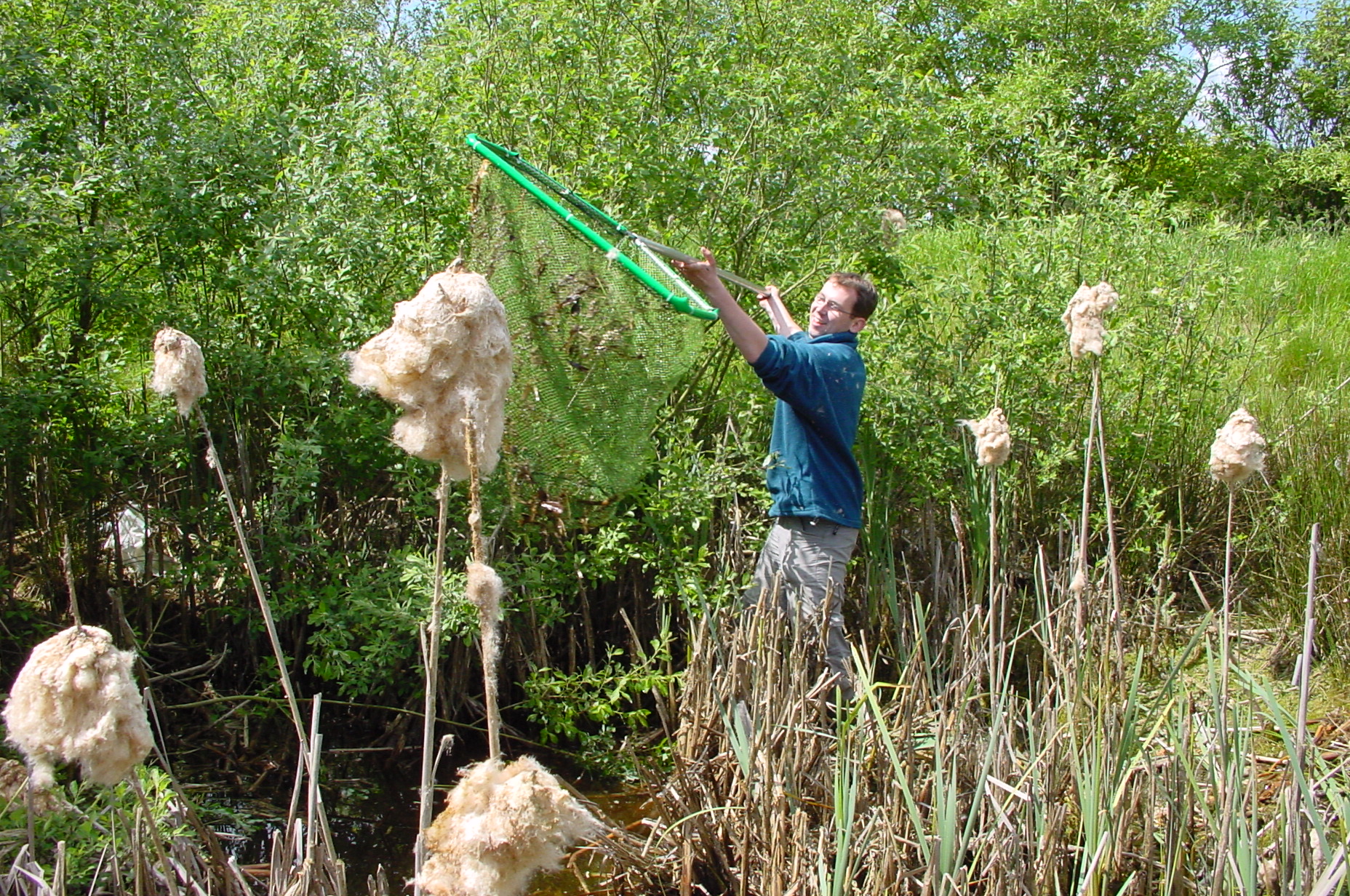The work of RAVON, which is the organization for amphibian, reptile and fish conservation in the Netherlands (www.ravon.nl) is highly dependent on fieldwork. Our 60 staff members and over 1,500 volunteers monitor and study wild fish, reptiles and amphibians, hence the covid-19 pandemic has influenced our work. Luckily to a limited extent. Even though the government explicitly stated that monitoring was allowed when due observance of the rules, some nature areas were closed, or volunteers couldn’t or were afraid to go out.
From mid-March until early July, the Netherlands was in an ‘intelligent lockdown’. This meant that non-essential shops where closed, social distancing (1.5 meter) was implemented, and meetings with more than three people were prohibited. Everyone was advised to stay at home as much as possible. Abiding these rules, going outside was possible, which was fortunate, since the breeding period of most Dutch amphibians takes place in spring. Therefore this is a period in which a lot of field work is done. The ‘intelligent lockdown’ meant that most professional and voluntary fieldwork on amphibians (and fish and reptiles) by RAVON and our volunteers could continue. Of course, several adjustments were implemented, as carpooling was not allowed, and the group size (for excursions) was smaller, but we do not feel that this has affected the outcome and quality of our work.
The Covid-19 restrictions differed significantly between countries. It can be expected that amphibian research in Italy or Spain has suffered from the measures, and that studies could not continue. As the COVID-19 pandemic is still running rampant and the future is uncertain, it is interesting to discuss the effect of this human pandemic on global amphibian conservation. Do populations profit from the reduced pressure on their sites (less visitors) and the cleaner air, or will the limitations on the movements of researchers and the expected economic crisis affect nature conservation budgets and threaten population persistence? We encourage everyone to share their experiences and expectations, so we can learn and anticipate.
By Jesper Berndsen, RAVON

